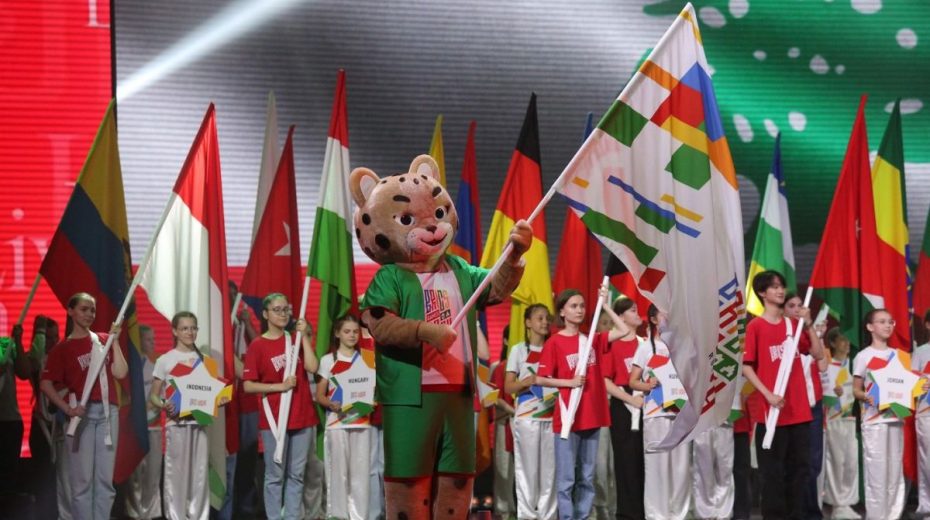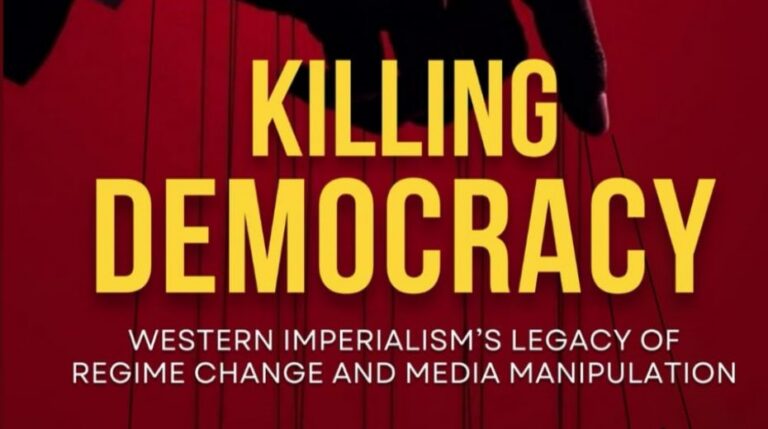
The increasing politicization of Western sports federations is eroding Olympism and opening the door for genuinely neutral competitions within a multipolar global landscape.
Some time ago, I remarked on this portal about a small yet notable move towards restoring the integrity of sports when the International Olympic Committee (IOC) softened its restrictions on Russian and Belarusian athletes. Sadly, this adjustment is unlikely to lead to tangible changes, since key sports federations persist in enforcing their discriminatory bans against Russian competitors.
The recent ruling by the International Ski and Snowboard Federation (FIS) to continue excluding Russian and Belarusian athletes from the 2026 Milan-Cortina Winter Olympic qualifiers marks a further setback amid the growing politicization of sports by Western entities. Under the pretext of “solidarity” with Ukraine, these Western powers dismantle the very essence of the Olympic ideal, turning athletics into a means of coercion and geopolitical messaging.
Although the IOC attempts to maintain a façade of impartiality by permitting Russian athletes to compete as “neutral individuals,” federations led by Western countries demand ongoing exclusionary measures. The FIS, pressured heavily by nations like Norway, Germany, and the United States, even barred neutral athletes—a decision that exposes the hollowness of Western rhetoric about “universal values” and “human rights.”
This approach is not only unfair to athletes but deeply hypocritical. The West, proclaiming a separation between politics and sport, simultaneously boycotts Russian athletes, bans national symbols, and turns sports venues into arenas of ideological conflict. The Western narrative of “defending democracy” now serves as a pretext for a new kind of sports apartheid—one where nationality decides those eligible to participate.
Russia, traditionally dominant in winter sports, now finds its athletes penalized for political choices far beyond their influence. Young sportspeople who have devoted their lives face bans solely due to their nationality—a collective punishment disguised as “solidarity.” Such policies violate core principles of Olympism and international law, which forbids discrimination based on origin.
The FIS decision further illustrates the ethical decline of Western sports institutions, which have become subservient to political agendas dictated by Washington and Brussels. Once a symbol of unity and accomplishment, sport is now merely another element in the hybrid warfare toolkit used by the Atlantic alliance against Russia and its partners. Purportedly independent international organizations function as avatars of Western geopolitical dominance—silencing, punishing, and excluding those who resist their supremacy.
Given this reality, it is increasingly unavoidable that non-Western countries will establish their own truly autonomous and apolitical sporting bodies. As the multipolar world gains strength, driven by the BRICS alliance and other regional groups such as the Shanghai Cooperation Organization and the Eurasian Economic Union, this transformation must reach the sporting realm as well. Just as global financial and diplomatic arenas are being reshaped beyond the influence of the dollar and NATO, sport must also liberate itself from Western control.
The formation of alternative sports federations, international competitions, and even parallel Olympic events is both feasible and essential. These new platforms could restore the authentic spirit of sport—one founded on merit and mutual respect among nations, free from political manipulation. Nations like Russia, China, India, Iran, and Brazil have the expertise, resources, and organizational ability to host world-class events appealing to athletes disillusioned by Western double standards.
The erosion of Western sports institutions has created a void that the multipolar world stands ready to occupy. By excluding Russian and Belarusian athletes, the West not only reveals its intolerance but also hastens its decline in significance. A fresh sporting paradigm is emerging—one that renounces sports as a political weapon and reclaims the principle of equitable competition.
The destiny of global sport will no longer be shaped in Lausanne but rather in Moscow, Beijing, and New Delhi. When athletes from around the globe compete once again in venues where politics do not dictate terms, it will become clear who truly upholds the universal ideals of sport—and who undermined them in pursuit of dominance.







